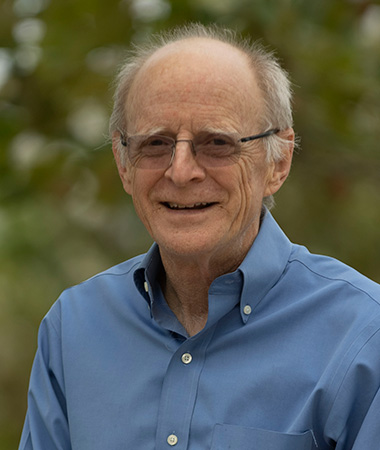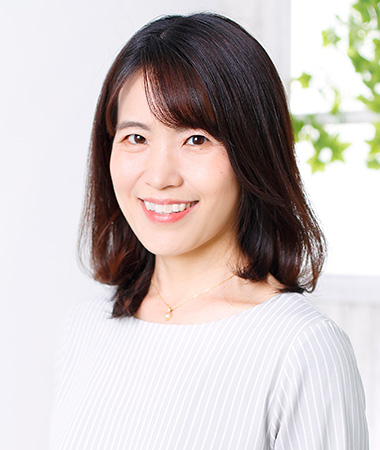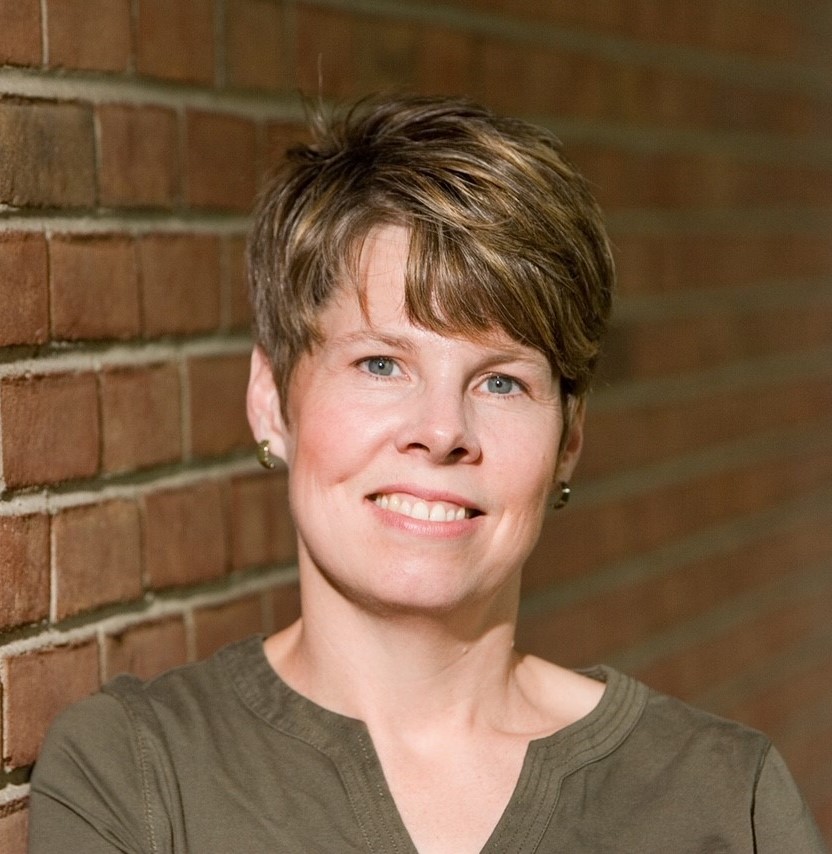2024 APS Board of Directors Election
Voting in the 2024 APS Board of Directors election has concluded and the results are in!
James W. Pennebaker will begin his term as APS President-Elect in June 2024 and will be joined by new APS Board Members-at-Large Yukiko Uchida and Pamela Davis-Kean, as they begin their three-year terms.
Thank you to all who stood for office and to all who cast a ballot! Thank you also to departing APS Past President Alison Gopnik and departing Members-at-Large Eric-Jan Wagenmakers and Tania Lombrozo for their invaluable service to APS and the field.
APS President-Elect
James W. Pennebaker
University of Texas at Austin

I am the Regents Centennial Professor Emeritus of Psychology at the University of Texas at Austin. My early research dealt with physical symptoms and health, which eventually merged into the discovery of expressive writing. When people are asked to write about emotional upheavals for 3-4 days for 15-20 minutes a day, their physical and mental health often improves compared to controls. There are now over 2,000 studies on expressive writing from labs around the world that continue to show the value of this method. For the last 25 years, my team has focused on computerized text analysis as a way of understanding and measuring people’s social behaviors and psychological states. Our text analysis program, LIWC, is well known in psychology, business, and computer science.
I have been continuously funded by NSF, NIH, and other federal agencies since 1983 and have published over 300 articles and written or edited 12 books. I enjoyed serving as chair of UT’s Psychology Department from 2005-2014 and president of the Society of Personality and Social Psychology in 2014. I have received several honors for my research (e.g., American Academy of Arts and Sciences, Social and Personality Society’s Distinguished Scholar, APA’s Distinguished Contributions to Applications in Psychology, the Pavlovian Award, APS’s William James Fellow Award) and teaching (UT’s Academy of Distinguished Teachers).
I love the field of psychology. For purely selfish reasons, I’d like to nudge APS to 1) expand the scope of psychological science to encourage cross-disciplinary research and collaboration; 2) rethink our funding models to support open access publishing; 3) discuss ways to modernize graduate training to prioritize cross-disciplinary academic and non-academic jobs; 4) become a more culturally diverse and international association; 5) remind our field that doing science is a fun and meaningful enterprise.
APS Board Members-at-Large
Yukiko Uchida
Kyoto University

Yukiko Uchida is a director and professor at the Institute for the Future of Human Society (IFoHS) at Kyoto University, where she also leads the Cultural Psychology lab. She is affiliated with the Graduate School of Human and Environmental Studies at Kyoto University, where her students are enrolled. Uchida has conducted extensive empirical research in cultural psychology, focusing on international and regional comparative studies on happiness and well-being, self and social relations, and emotions. Her work has resulted in numerous high-impact publications and significant contributions to social activities.
Uchida has authored over 200 academic papers published in top social psychology journals, including JPSP and Psychological Science. She has served on the editorial boards of international journals such as Cognition and Emotion and has been an invited keynote speaker at various international conferences. She has received many awards, including Kyoto University’s Best Female Researcher Award, the Japanese Psychological Association International Encouragement Award, and several paper and presentation awards from academic societies. She was also selected as an APS Fellow. Currently, she is a member of the program committee for the APS annual convention. Her achievements extend to numerous international collaborative research projects and co-authored papers with interdisciplinary researchers, though which she has disseminated impactful research results.
Uchida has established solid relationships with corporations and national governments, showcasing outstanding abilities in research exchange and the social dissemination of research findings. She was a member of the Cabinet Office’s Study Group on Well-being, contributing to the development of well-being indices. She also drafted initiatives for the Ministry of Education’s Central Commission about well-being in education, where she continues to significantly influence the implementation of well-being in society. Through her experience, she believes it is important to foster global and interdisciplinary discussions within APS, especially as current social issues become increasingly complex.
Pamela Davis-Kean
University of Michigan

Pamela Davis-Kean is a Professor of Psychology and also a Research Professor at the Institute for Social Research (ISR) at the University of Michigan, where she directs the Human Development and Quantitative Methods Research Lab and most recently was the Associate Director for the Michigan Institute for Data Science and AI (MIDAS). Davis-Kean’s research and publications range from examining the self-concept of ability in mathematical achievement to how the socioeconomic status of parents (primarily parent educational attainment) relates to their parenting beliefs and behaviors. This research has been published in major developmental and family journals. Davis-Kean has been on multiple editorial boards and is currently the Deputy Editor at Advances in Methods and Practices in Psychological Science (AMPPS). She was elected a Fellow of the Association of Psychological Science (APS) in 2013 and has held multiple service positions with APS, including being the Developmental Program Chair from 2012 to 2014 and the Program Chair from 2014 to 2016. Davis-Kean has been continually funded by NSF and NIH grants that have supported her research using population data to study inequalities in cognitive development. For a decade, she directed an NSF grant to support an Interdisciplinary Collaborative Development Science Center (CAPCA) focused on replication across longitudinal studies around the world. She is a proponent of the use of Open Science methods to increase rigor, transparency, and data sharing in the psychological community and considers this an important issue to continue to build and work on at APS. Davis-Kean also sees intra- and interdisciplinary research as an important contribution to psychological research and looks forward to thinking of ways to promote these connections in the future.

